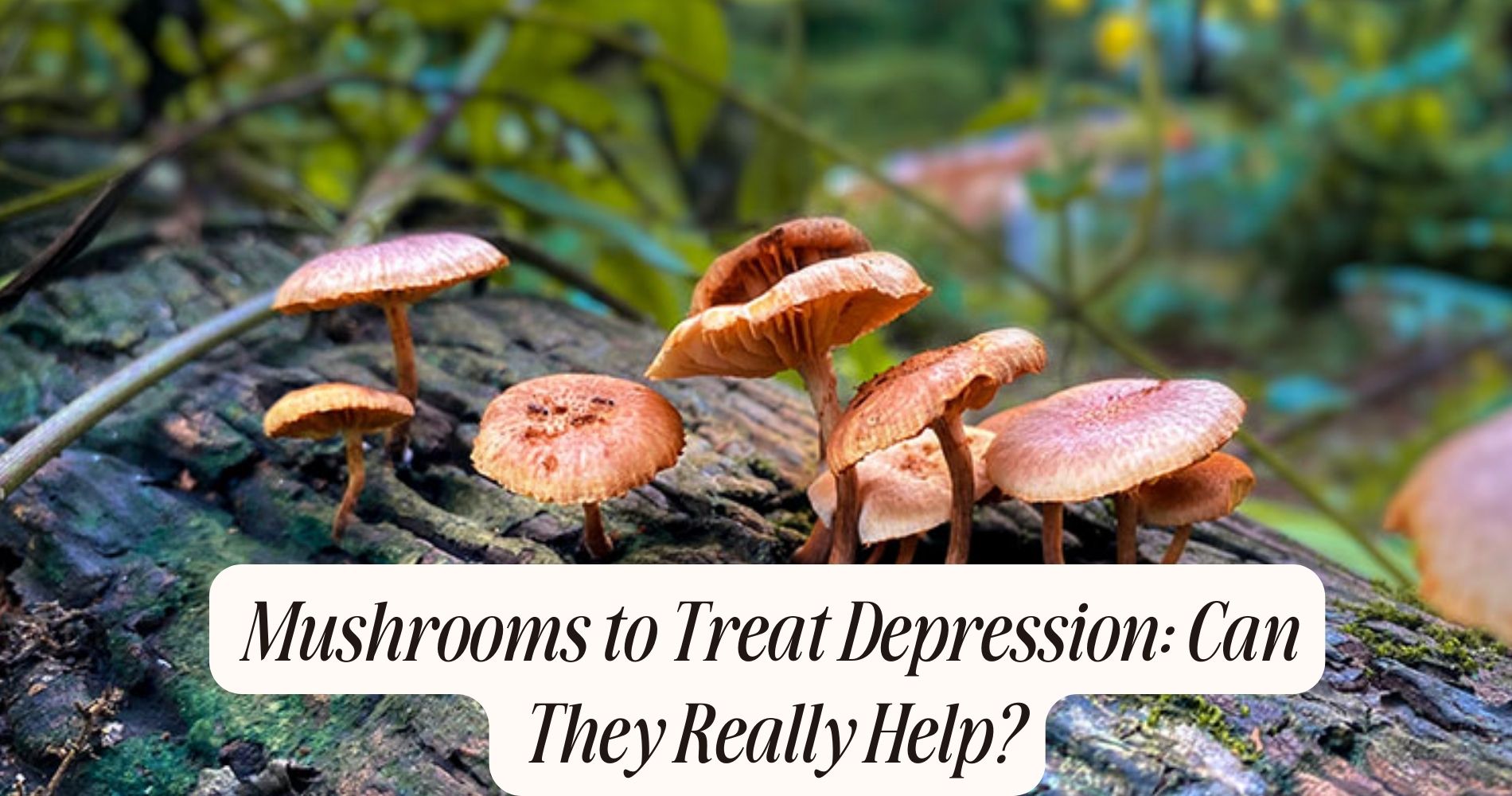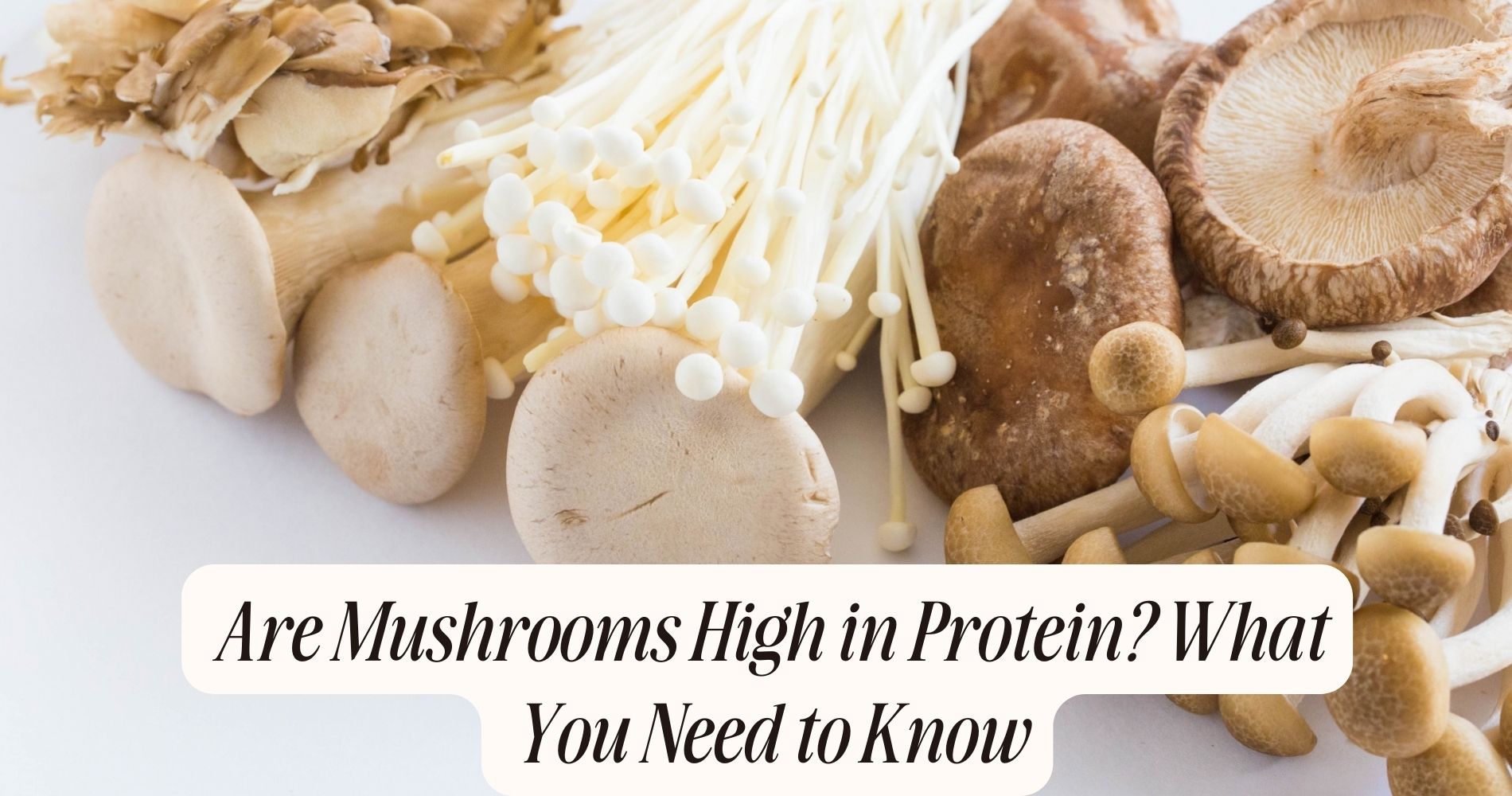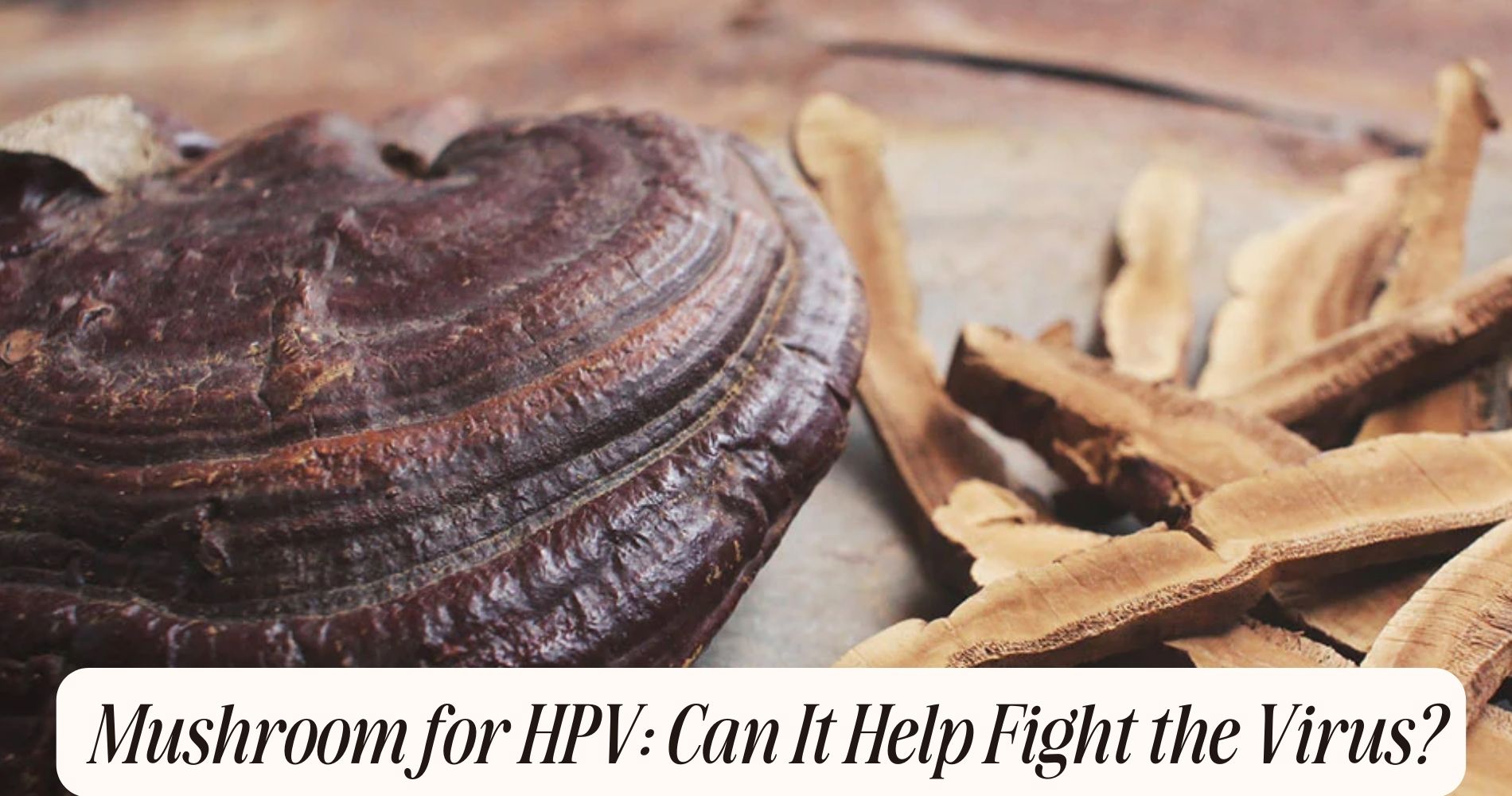
Mushrooms to Treat Depression: Can They Really Help?
Psilocybin mushrooms show real promise in depression treatment by altering brain connectivity and enhancing emotional processing. Research highlights how this compound interacts with serotonin receptors to break rigid thought patterns, offering potential relief. Unlike traditional antidepressants, psilocybin's effects can be felt quickly and with fewer long-term side effects. Clinical studies demonstrate significant mood improvements in controlled settings, particularly for treatment-resistant depression. As interest in psilocybin grows, understanding its potential benefits could profoundly impact mental health approaches.
Understanding Psilocybin and Its Effects on the Brain
Though often misunderstood, psilocybin is a naturally occurring psychedelic compound found in certain mushrooms, and it's gaining attention for its potential mental health benefits.
Psilocybin mechanisms primarily involve the compound's interaction with serotonin receptors in the brain, particularly the 5-HT2A receptor. This interaction alters brain connectivity, leading to changes in perception and cognition.
By enhancing communication between different brain regions, psilocybin fosters a more integrated neural network, which may help in breaking rigid thought patterns often seen in mental health disorders.
Clinical studies suggest that these shifts in brain connectivity could encourage emotional processing, self-reflection, and cognitive flexibility.
As research progresses, understanding psilocybin's effects on the brain remains essential in evaluating its therapeutic potential for mental health.
The Science Behind Psilocybin's Potential in Treating Depression
Recent advancements in psychedelic research have revealed psilocybin's potential as a promising treatment for depression. Psilocybin, a key mushroom compound, interacts with serotonin receptors in the brain, which are essential in regulating mood and emotions.
This interaction may lead to changes in brain connectivity, potentially alleviating symptoms of depression. In psychedelic therapy, psilocybin's effects can foster profound psychological insights and emotional breakthroughs. These experiences can help you address underlying mental health issues, promoting healing and well-being.
It's vital to understand that psilocybin isn't a cure-all but part of a thorough therapeutic approach. Integrating psilocybin into structured therapy sessions under professional guidance might enhance its efficacy and safety, offering hope for those struggling with treatment-resistant depression.
An Overview of Recent Research Studies
Building on the understanding of psilocybin's interaction with serotonin receptors, researchers have conducted numerous studies examining its impact on depression.
You'll find that these studies often focus on different mushroom varieties containing psilocybin, highlighting their potential benefits for mental health. Clinical trials have repeatedly shown promising results, with participants reporting significant reductions in depressive symptoms.
For instance, controlled studies reveal that psilocybin can lead to sustained improvements in mood and emotional regulation. The evidence suggests that psilocybin may help reset neural circuits associated with negative thinking patterns.
Furthermore, research underscores the importance of a supportive therapeutic setting to maximize benefits. As you explore these studies, it's clear that the therapeutic use of psilocybin mushrooms is a rapidly evolving field in mental health care.
Comparing Psilocybin With Traditional Antidepressants
When comparing psilocybin to traditional antidepressants, it's crucial to contemplate their mechanisms and efficacy.
Psilocybin, a psychedelic compound, primarily interacts with serotonin receptors, potentially offering rapid mood improvement. In contrast, traditional antidepressants, like SSRIs, gradually increase serotonin levels but often require weeks to exhibit effects.
One of the psilocybin benefits is its potential to provide lasting relief from depressive symptoms after just one or two administrations. Traditional antidepressants, while effective for many, come with notable antidepressant side effects, including weight gain, sexual dysfunction, and emotional blunting.
Psilocybin's side effects tend to be short-lived and diminish after the experience. However, extensive evidence is still needed to establish its safety and efficacy fully.
Always consult healthcare professionals when considering treatment options.
The Future of Psilocybin in Depression Treatment
As evidence surrounding psilocybin's effects on depression grows, its potential future role in treatment becomes increasingly relevant.
You might consider that psilocybin legislation is gradually shifting, allowing for more research and trials to explore its therapeutic applications. Clinical studies have demonstrated promising results, showing that psilocybin can induce significant improvements in patients with treatment-resistant depression.
This aligns with a broader understanding of mental health treatment, where personalized and innovative approaches are prioritized.
In the coming years, you could see psilocybin becoming a mainstream option, contingent on further regulatory approvals and thorough clinical guidelines.
As research progresses, mental health professionals are likely to integrate psilocybin into existing treatment frameworks, potentially transforming the landscape of depression therapy.
Stay informed on legislative changes to understand its evolving role.
Frequently Asked Questions
Are There Any Legal Restrictions on Using Psilocybin for Depression Treatment?
You're wondering about psilocybin regulations. Its legal status varies; in many places, it's still illegal for depression treatment. However, some regions have relaxed restrictions, allowing controlled clinical trials to assess its efficacy and safety in mental health care.
What Are the Potential Side Effects of Psilocybin Therapy?
When considering psilocybin therapy, you might encounter side effects like nausea, anxiety, or temporary confusion. Clinical evidence indicates these effects are generally mild and short-lived, but monitoring by mental health professionals is essential for safety.
How Do I Find a Professional for Psilocybin Therapy?
To find therapists offering psilocybin therapy, explore therapy directories specializing in psychedelic-assisted treatments. Confirm the professional is licensed and trained in evidence-based mental health practices. Consult clinical studies and professional organizations for reliable recommendations and guidance.
Can Psilocybin Be Used Alongside Other Medications?
You should consult a healthcare professional about psilocybin interactions. Research shows psilocybin's medication compatibility varies, and combining it with other treatments may affect mental health differently. Always prioritize professional advice to guarantee safe and effective therapy.
What Is the Typical Duration of a Psilocybin Treatment Session?
In a clinical setting, you'll find a typical psilocybin session lasts 4 to 6 hours. Treatment frequency varies, often involving one or two sessions to observe significant mental health improvements, supported by evidence-based research.
Conclusion
You've explored how psilocybin, a compound found in certain mushrooms, interacts with the brain and its potential to treat depression. Recent studies show promising results, suggesting that psilocybin may offer benefits over traditional antidepressants, particularly for those resistant to conventional treatments. However, more research is needed to fully understand its efficacy and safety. As science advances, psilocybin could become a valuable tool in mental health treatment, offering new hope for individuals struggling with depression.



